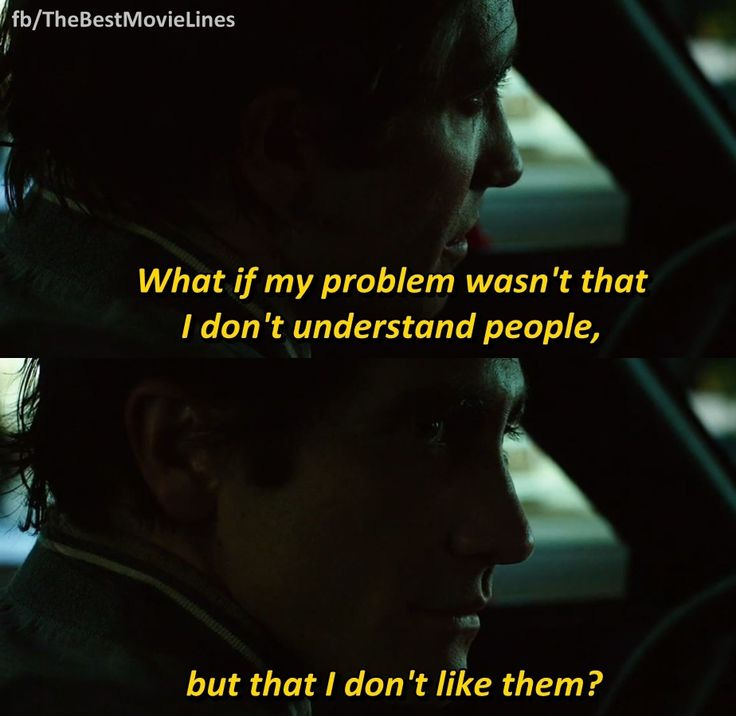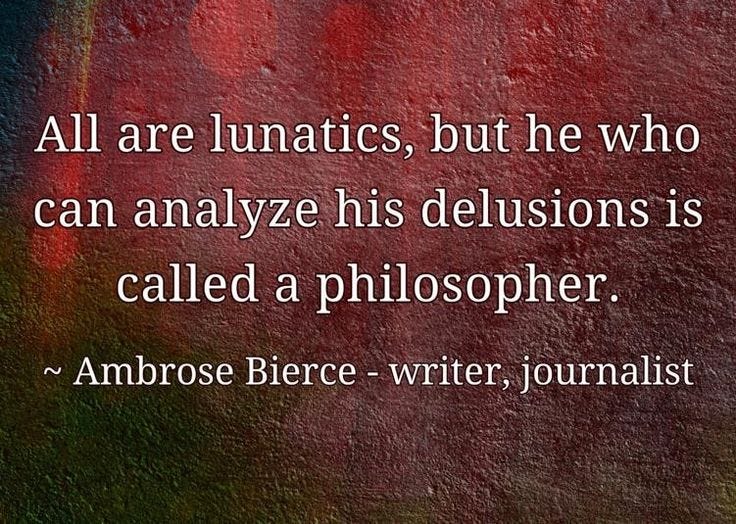I know it took me a long time to come back to this newsletter but you know what this newsletter has always helped me when I wasn’t able to express my feelings elsewhere. I have kept a diary to write my ideas and feelings in but there are things that you want to share with other human beings and not just keep locked up on a piece of paper for the next generation. That’s true. One of the reasons I started writing a diary was to pass it down to my wife and my children if in the scenario I end up with this dream.
Continuing with the newsletter, for this one I have thought about just writing whatever comes to mind. So bear with me. There are times when we begin to see everything in the third person, we don't relate with the people around us, and we don’t feel valued or the same as everybody else. Everything that goes around in a day seems meaningless or dumb. We begin to view everything as nothing but different shades of gray or the right term; Indifference. There are many reasons; boredom, mental exhaustion, burnout, being alienated or left out, or just being at the right place at the right time but unable to understand people. These are very much valid reasons and they all happen with us. To me though I have adapted to such things. This time it was different because it wasn’t that I didn’t understand the people around me. Instead, I hated them and didn’t want either them to be around me or myself to be seated alongside them. I don’t doubt their intentions. All of us are selfish to some or more extent and when I know that I am selfish for the reason I could be selfless to others, I shouldn’t judge others for being selfish for their reasons. It’s just the fact that I didn’t deem them worthy to be around me. I have this high opinion of myself that I end up testing other people, manipulating them most of the time, and using them for my own goals. Most people would discard people after use, though I keep them close, strings attached and the ones who did me wrong I return the favour tenfold. The images that people hold of us in their minds are important. For a social chameleon like me, it is quite easy to subtract myself out and turn people against others even though I may have been included in the decision. Included? That’s an interesting word though. Are you included in the decision if your point doesn’t have value if other people are against you in unison even if you put the point that is logically right though it may hurt some higher-ups or won’t rub the right way some of your peers? For this reason, I am thought of as a dictator or selfish person who only wants attention for himself. That’s my case for now, I would like to hear what are your thoughts.
Life often feels like a play where we wear masks, assuming roles to fit into different social contexts. We strive to be the protagonist in our own story, yet sometimes, we end up feeling like an extra in someone else's narrative. This dichotomy between self-perception and external perception can be exhausting. It leads us to question our authenticity and the authenticity of those around us.
I’ve realized that indifference, this sense of detachment, isn’t always a negative state. Sometimes, it serves as a protective mechanism to conserve emotional energy when the world feels overwhelmingly mundane or hostile. It’s a temporary refuge where one can observe without engaging, and reflect without reacting.
But indifference can morph into something darker when coupled with disdain. When we begin to resent those around us, it often reflects internal discontent projected outward. The people we once tolerated or even admired start to embody the traits we despise in ourselves or the world. It's a mirror, harsh and unforgiving, showing us aspects of our nature that we might prefer to ignore.
I’ve come to understand that my high opinion of myself, my perceived superiority, is both a strength and a weakness. On the one hand, it drives me to achieve, to push boundaries, and to assert my presence in a world that often feels indifferent to individuality. On the other hand, it isolates me, creating a barrier between myself and others that’s hard to breach. This self-imposed isolation can lead to a cycle of manipulation and retribution, where relationships are transactional, and trust is a rare commodity.
The desire for control and the need to test others stem from a deep-seated insecurity. It’s a way to measure my worth against theirs, to ensure that I remain on top in a hierarchy that exists primarily in my mind. Yet, this constant testing and manipulation comes at a cost. It erodes genuine connections and leaves a trail of distrust and resentment.
When people label me as a dictator or selfish, it stings, but it also forces me to reflect. Are they seeing something in me that I fail to recognize? Is my pursuit of validation and superiority blinding me to the value of humility and empathy? These questions linger, challenging my perception of self and others.
Ultimately, the journey of self-awareness is ongoing. It’s about finding a balance between asserting oneself and being open to others, between holding firm to one’s values and being flexible enough to understand different perspectives. It’s a delicate dance, and sometimes, we stumble. But each stumble is an opportunity to learn, to grow, and to become more attuned to the complexities of human interaction.
As I navigate this journey, I invite you, my readers, to reflect on your own experiences. Have you ever felt the sting of indifference or the isolation of superiority? How do you balance self-assurance with empathy? Your thoughts and reflections are as valuable as mine, and together, we can explore the intricate tapestry of human existence.







